Bee Friendly City Project
CITY PROJECT HELPING BEES
The project Cities Friends of Bees - Pollinating nature to life was born on the initiative of the organization "Bee or not to be", in the context of its "No Bee, No Food ", in partnership with AMESAMPA.
Bees are the most important pollinators of nature, responsible for reproduction 80% the matas, forests and green areas, as well as the pollination 70% of all crops - is evaluated in 10% of agricultural GDP the value of ecosystem services pollination.
The Brazil has the largest biodiversity of bee species on the planet. Our cities and forests are home to more than 3 thousand bee species - it is mostly of native stingless bees.
Occurs, however, that more than 78% of our population is unaware of the importance of pollination (Ibope research - Oct / 15). And that Brazil, as well as other countries, faces the serious risk of the decline of their pollinators, result of deforestation, the reduction of green areas, the cultivation of monoculture, climate change and, about everything, the indiscriminate use of pesticides.
The project Cities Friends of Bees - Pollinating nature to life has, like this, in order to guide the public administration to adopt practices aimed at preserving the environment, environmental education and sustainability, ensuring a better quality of life for its population and to the environment in which we live – from the preservation of its most important pollinators.

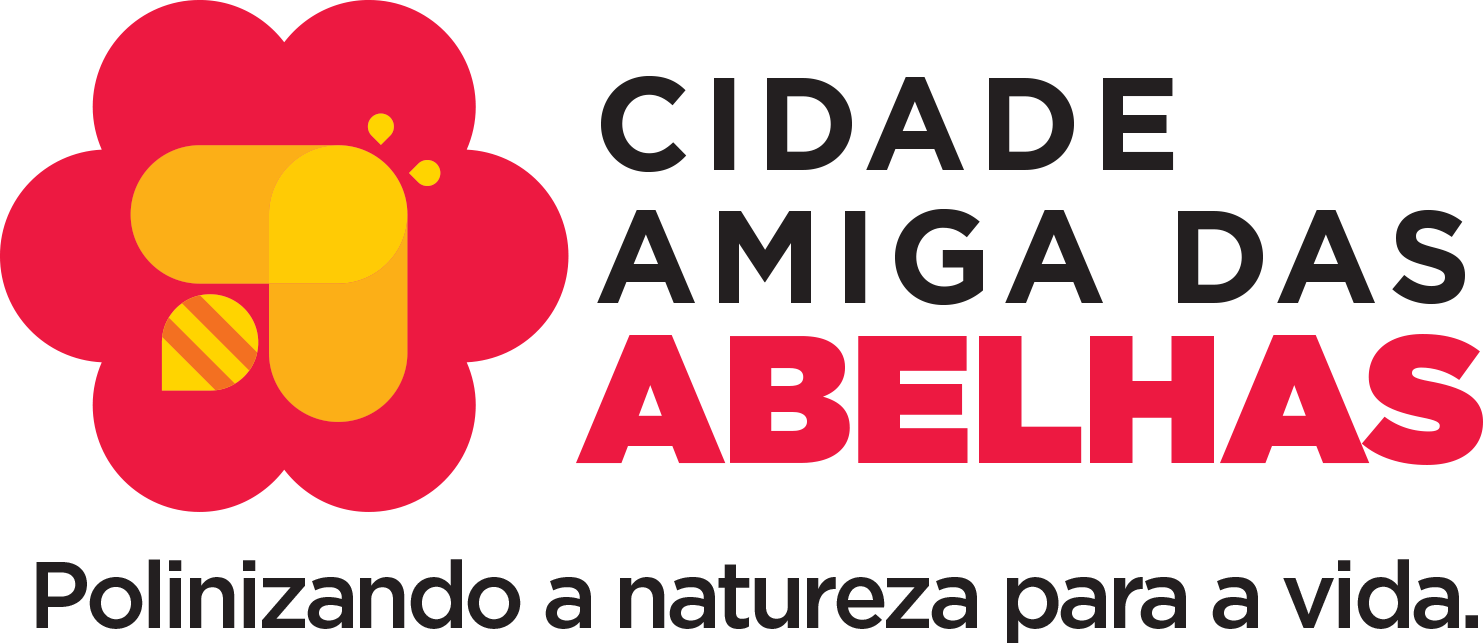
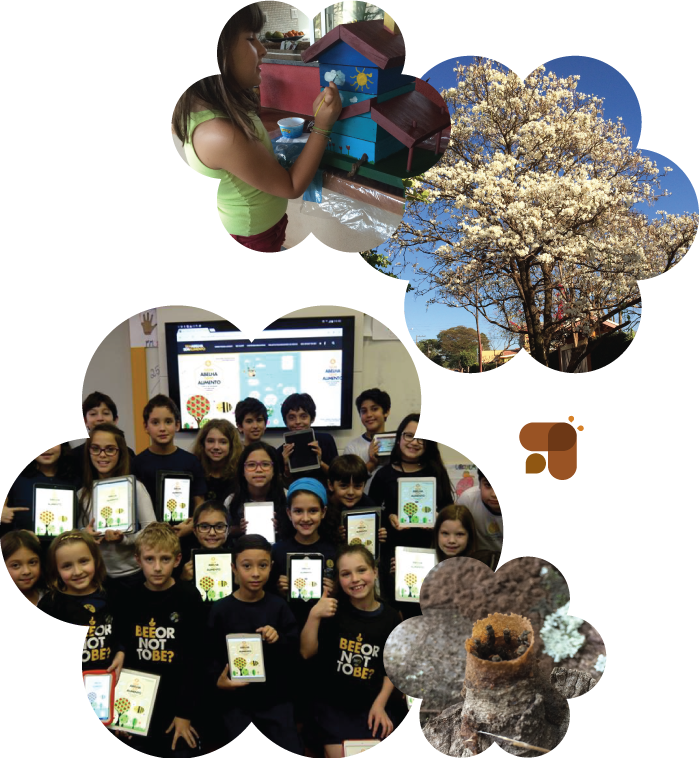
PROJECT OBJECTIVES
1- Expand knowledge and educate the population about the importance of bees;
2- Engage public organizations in awareness and protection of pollinators;
3- Support the government with management practices that preserve pollinators in urban areas and its good relations with the population;
4- To give visibility and recognition for the preservation driven government, improvement and restoration of the environment;
5- Generate a favorable environment for the growth and expansion of the creation of stingless bees in the municipalities.
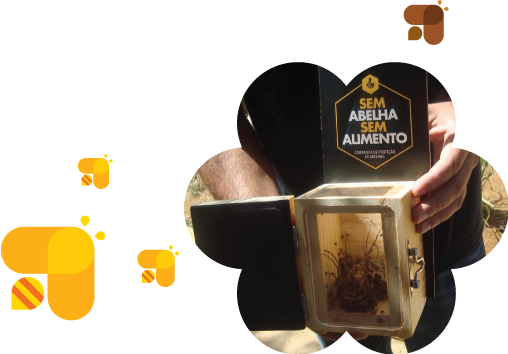
MEET SOME OF THE MAIN APPROACHES REQUIRED IN PROJECT
ENVIRONMENTAL EDUCATION
• Adoption of specific teaching materials on pollinators (video lesson and activity notebook) for Environmental Education in Schools of Public Municipal Network – MANDATORY;
• Implementation of a Municipal Meliponary to submit, in a didactic, biodiversity of species of bees native in the region – MANDATORY;
• Incentive Shares knowledge and increase the consumption of products derived from bees.
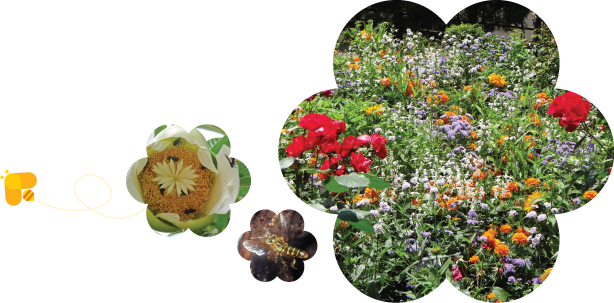
PRESERVATION
• for joint action program between the Fire Department, Beekeepers, Educational institutions and the Civil Defense for proper withdrawal (without death) bee with stinger in areas that pose risks to the population – MANDATORY;
• Adoption of a partnership program between pruning and cutting trees Sector (Department of Urban Services) com Meliponicultores locais, suitable for the recovery of native stingless, prior to logging – MANDATORY;
• Avoid the use of aggressive poisons bees when applying the "fogging" of dengue.
ADMINISTRATION, COMMUNICATION AND BOTANICAL
• Create "Educational Gardens" of honey plants, indicating the names of plants and constant types of pollinators. Encourage the planting of trees honey;
• Adopt honey in school lunches in public schools (and other products);
• Encourage the creation of Trade and Organic products of bees;
• Create bylaw creation of stingless bees in urban areas, considering beekeeping a charitable activity;
• To encourage and promote the theme alluding dates: Day Beekeeper, Day Bee, Spring Day, Week of Bees and Pollinators, etc.

RECOGNITION AND COMMUNICATION
To municipalities that engage in the adoption or all of the items listed above, after audit, It will be awarded a Seal (Gold, Silver and Bronze) and the title of FRIEND CITY OF BEES - Pollination, Nature and Life, valid for a period of 2 years.

Cities can also make use of the Communication Friendly City of Bees campaign and environmental education materials.
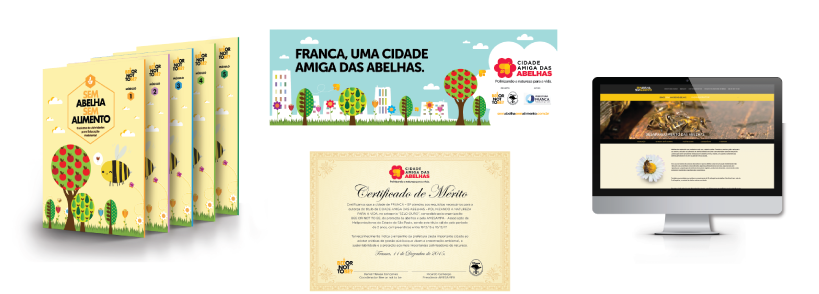

BE ONE
AMBASSADOR
THIS DESIGN
IN YOUR CITY!
Every city can be a Friendly City of Bees, but it is important to have a good ambassador!
Therefore, to work and bring the project into their community.
Start signing up beside, and indicating how you can act in this process.
We will contact you and send the following details of the Regulation, the steps to be accomplished in the certification process, documents and amounts involved and ways to fund the process.

